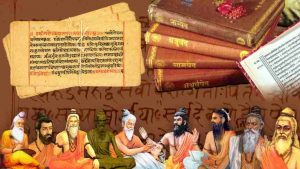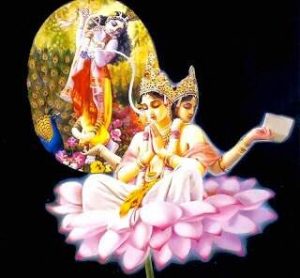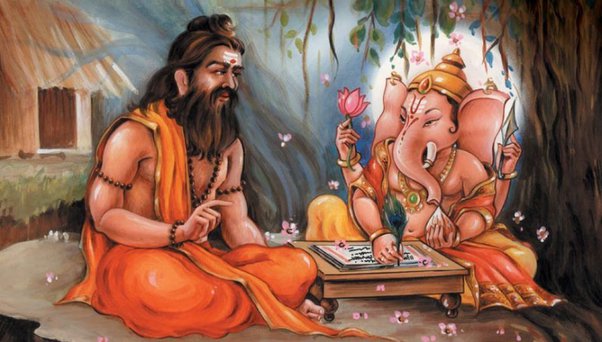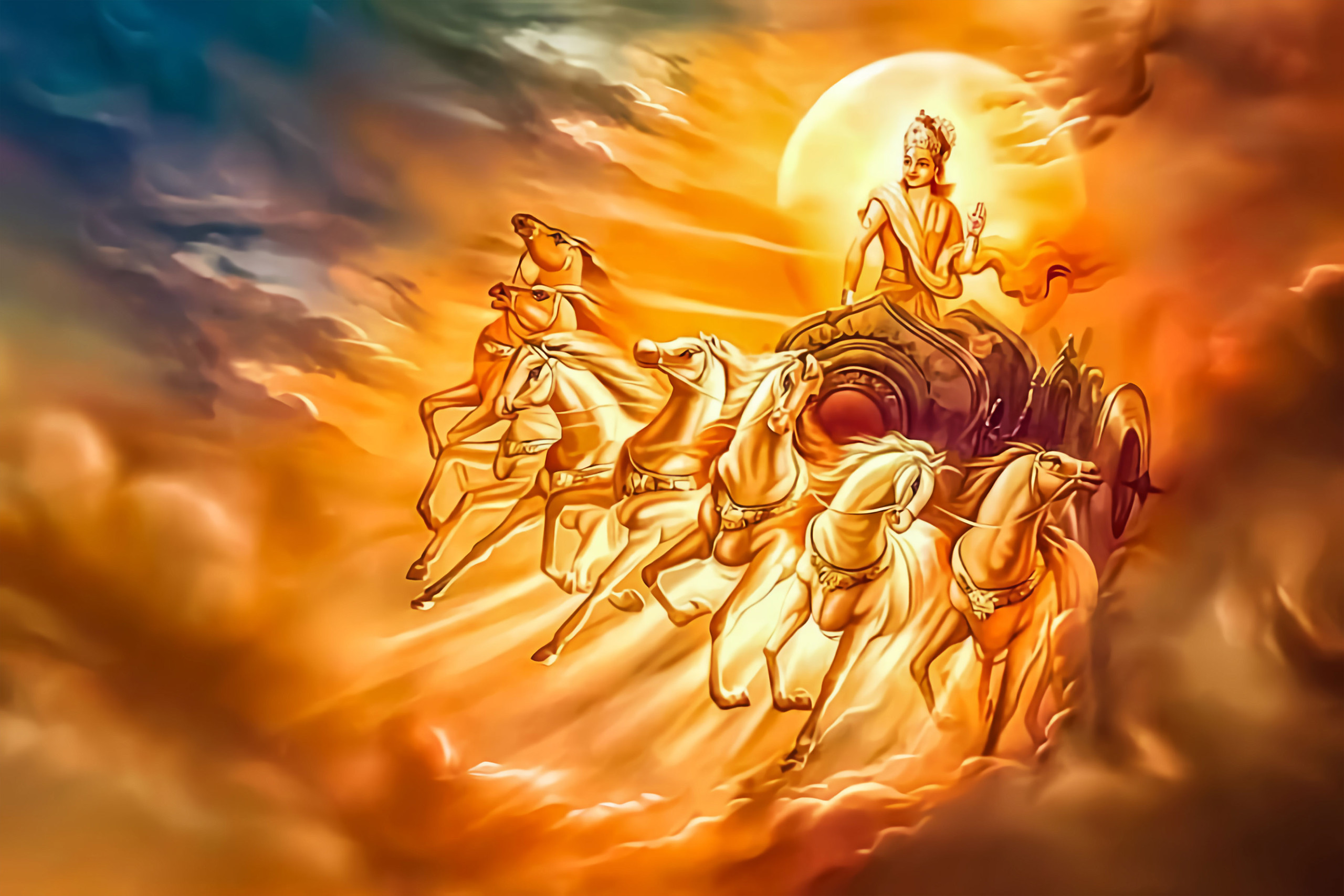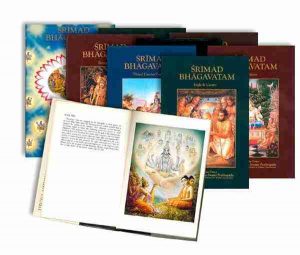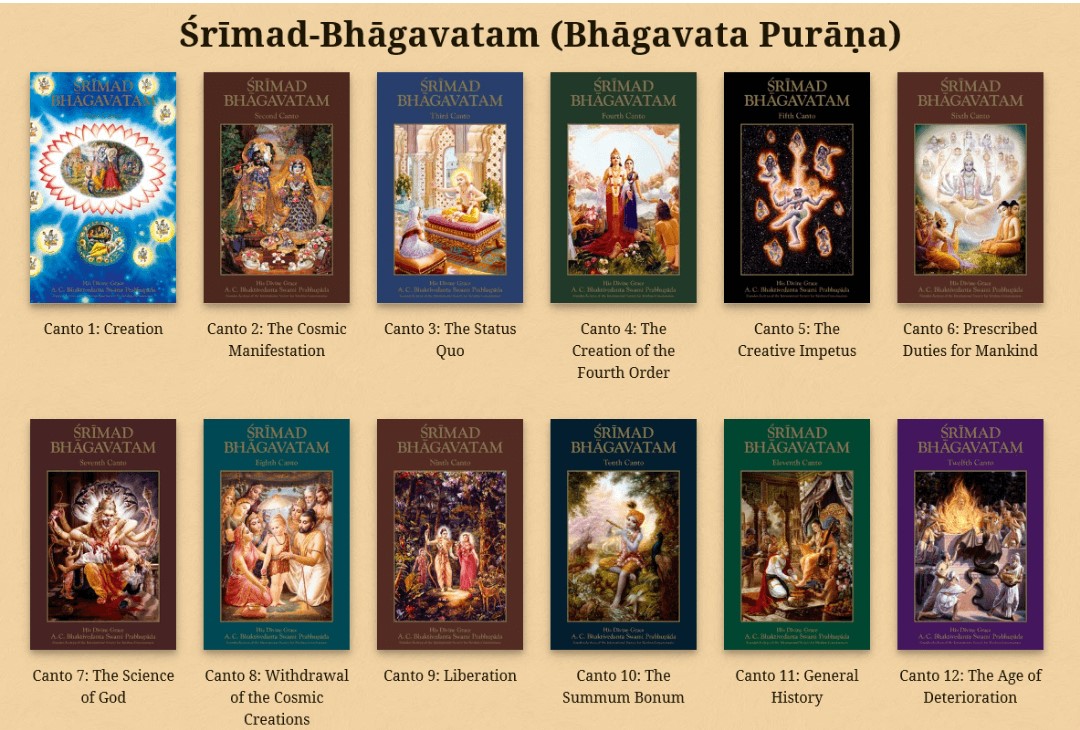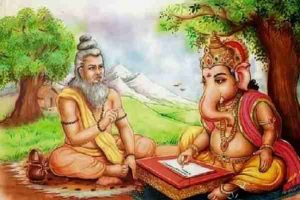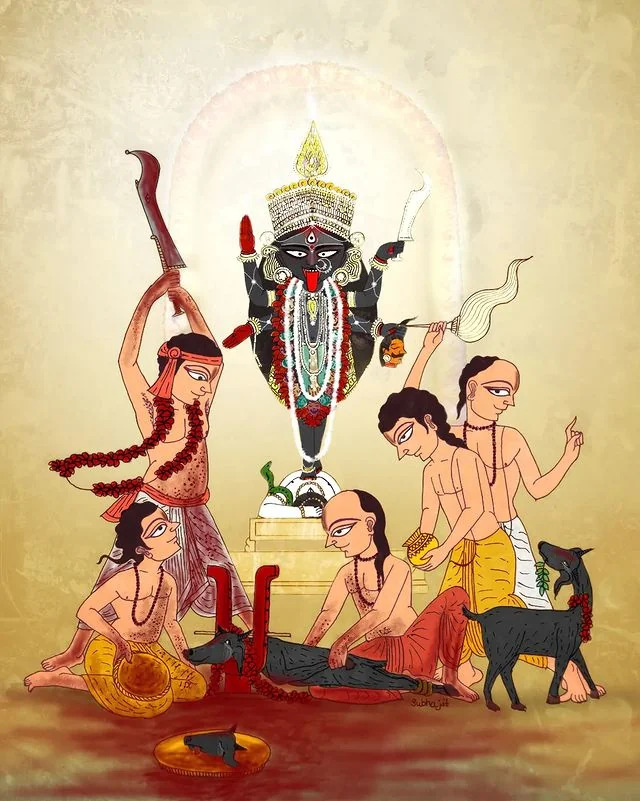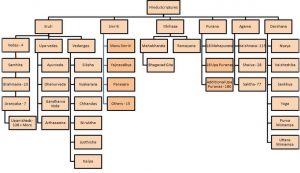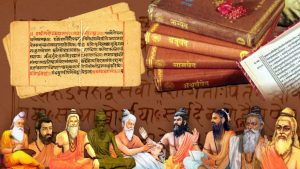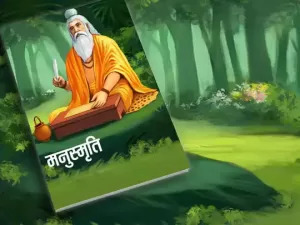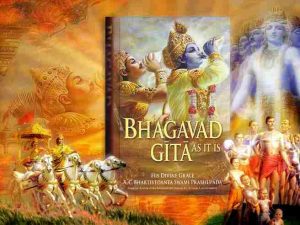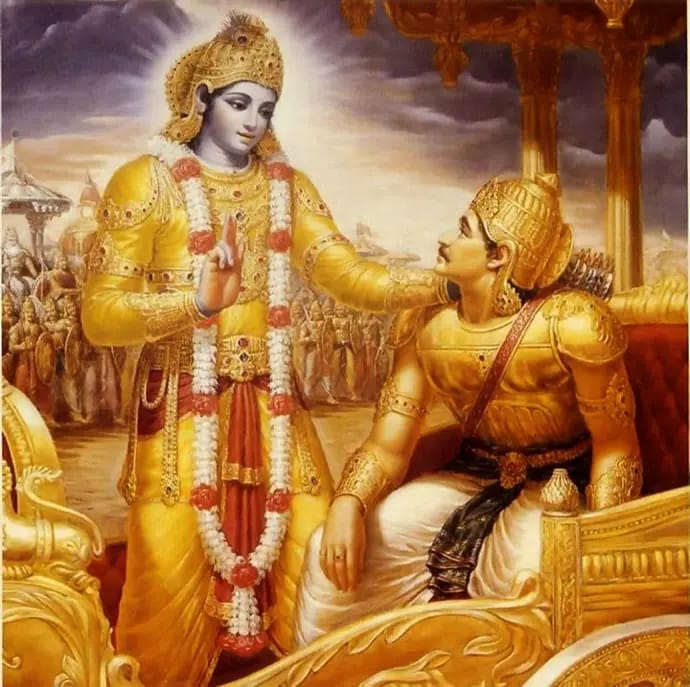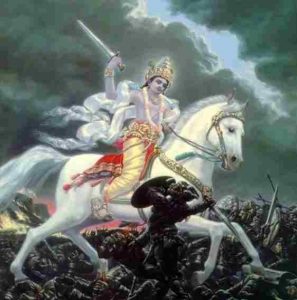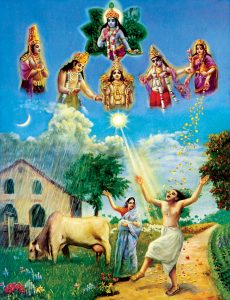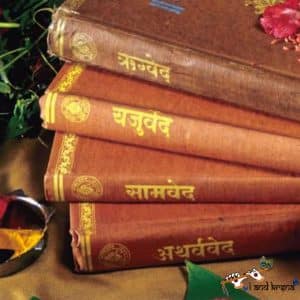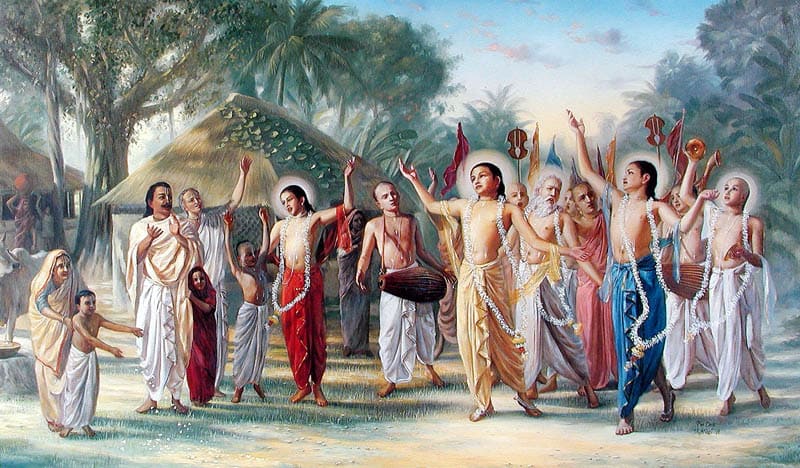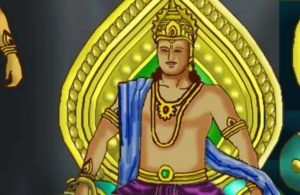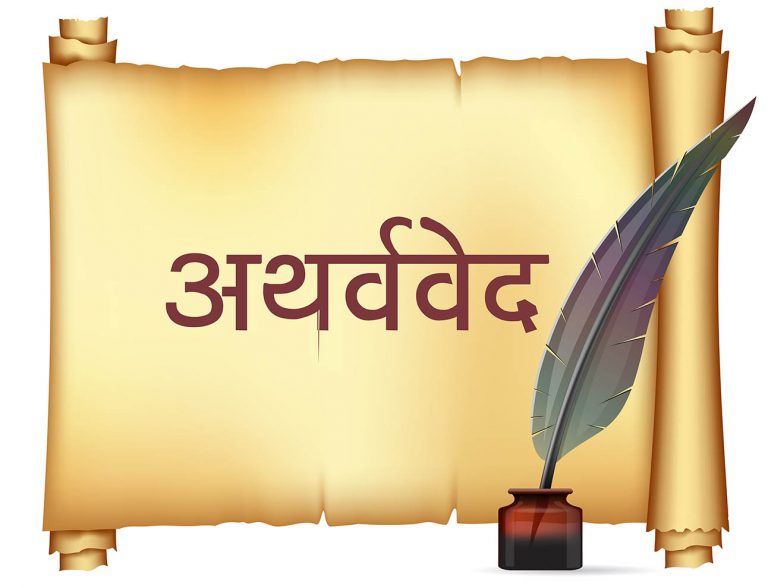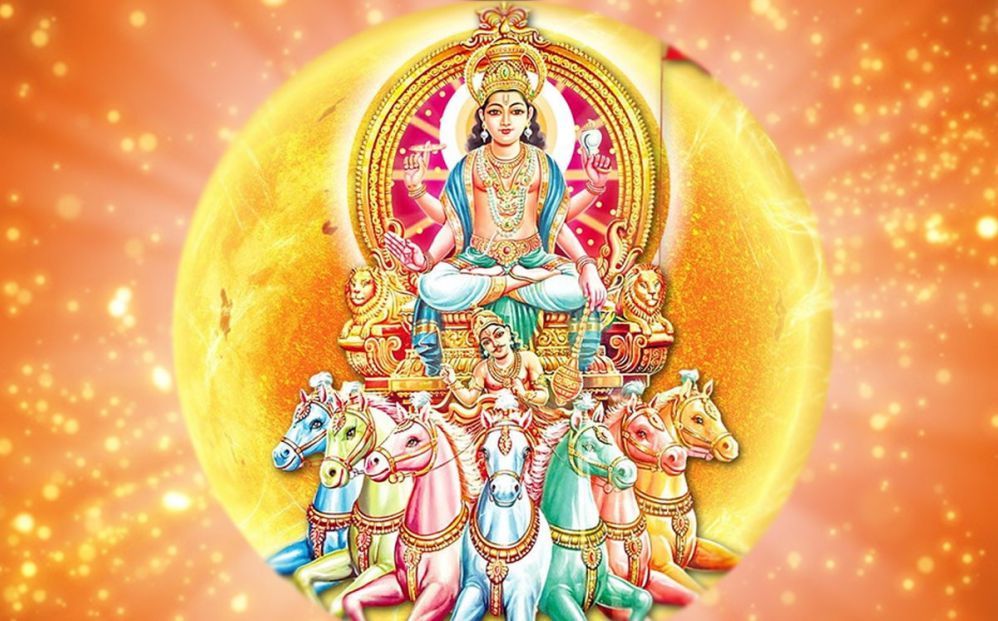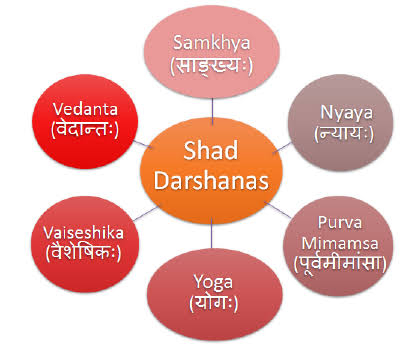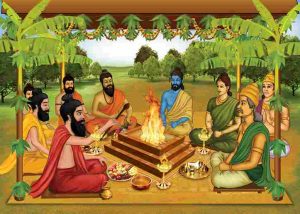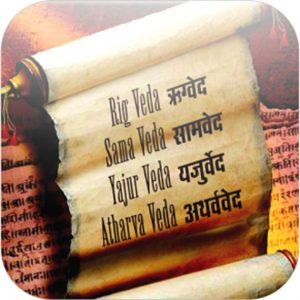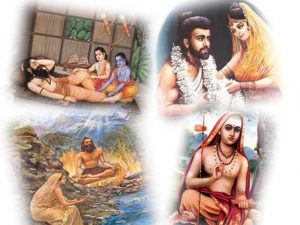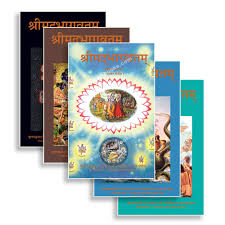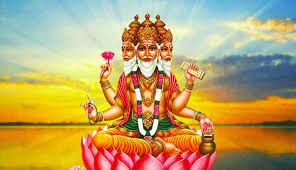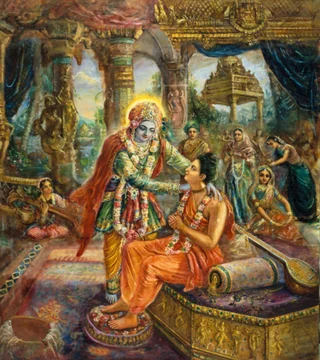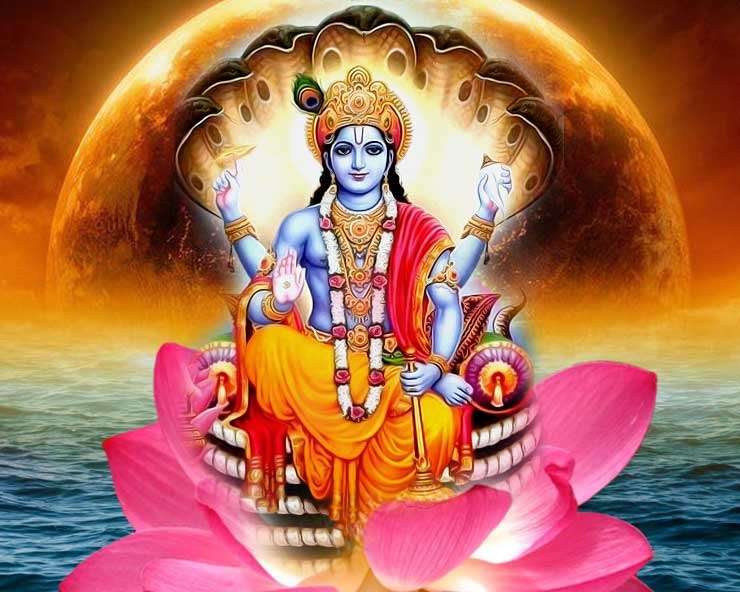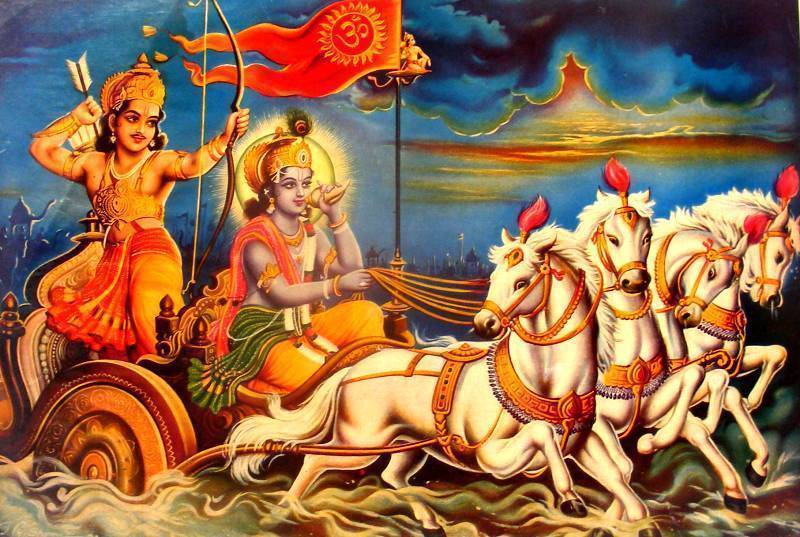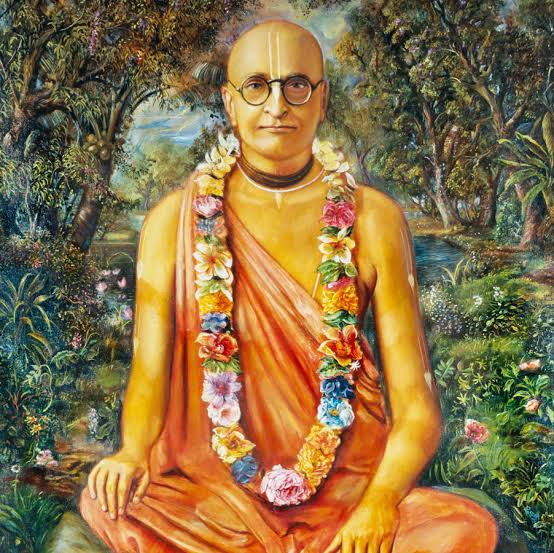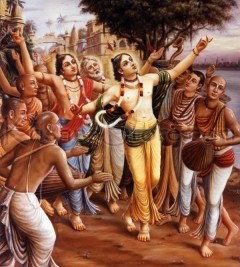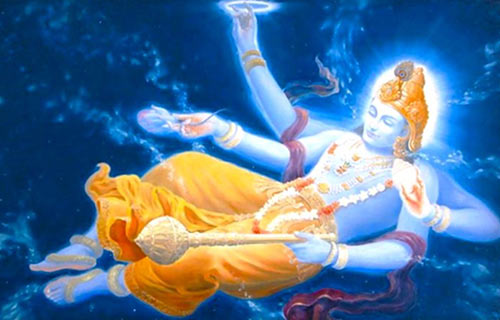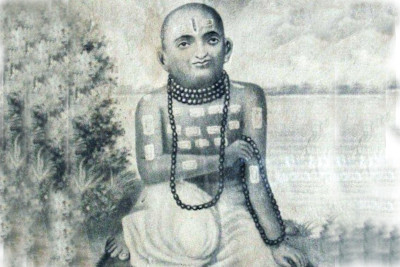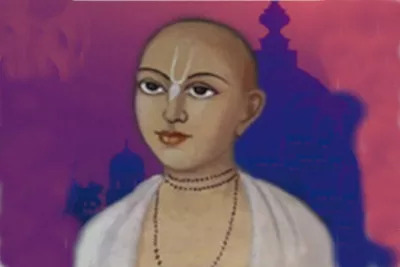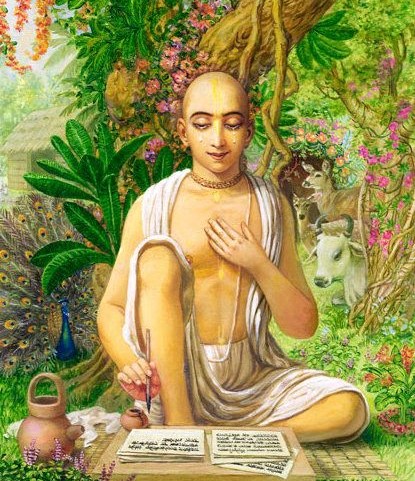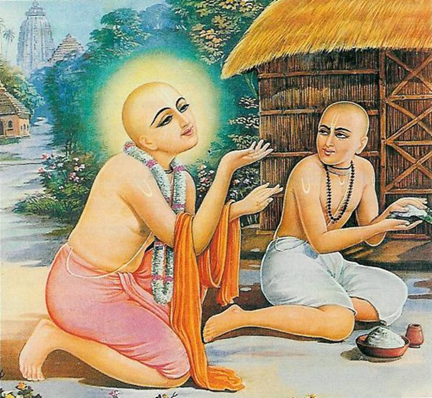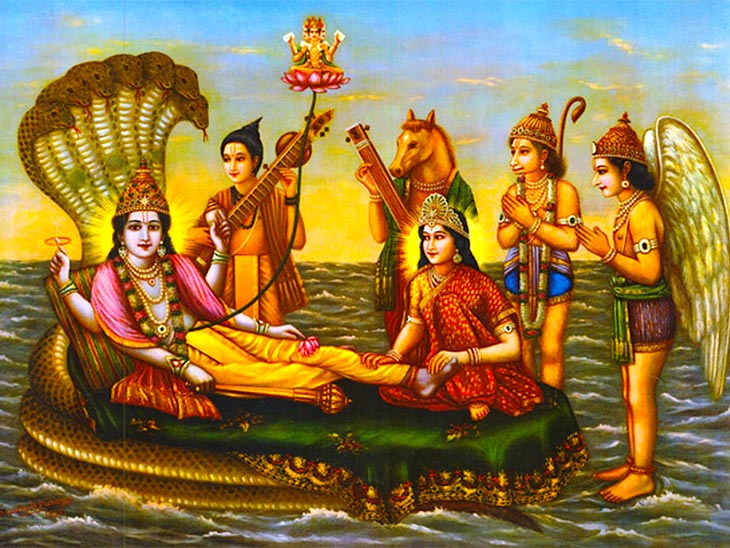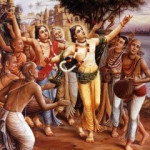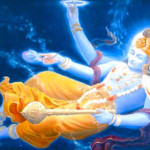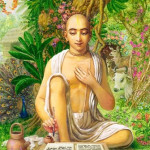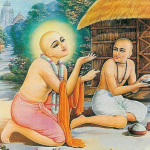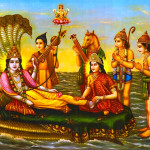One should have complete faith in transcendental literatures.
“Śrīla Madhvācārya has quoted the following statement from the Brahmāṇḍa Purāṇa: “One should have complete faith in transcendental literature such as Śrīmad-Bhāgavatam and other literature that directly glorifies the Supreme Personality of Godhead. One should also have faith in Vaiṣṇava tantras, the original Vedas, and Mahābhārata, which includes Bhagavad-gītā and which is considered the fifth Veda. The Vedic knowledge originally emanated from the breathing of Viṣṇu, and Vedic literature has been compiled in literary form by Śrīla Vyāsadeva, the incarnation of Viṣṇu. Therefore, Lord Viṣṇu should be understood to be the personal speaker of all this Vedic literature.
“There are other Vedic literatures, called kalā-vidyā, which give instructions in material arts and sciences. Since all such Vedic arts and sciences are ultimately intended to be used to render devotional service to the Supreme Personality of Godhead, Keśava, saintly persons in the renounced order of life should never blaspheme such apparently mundane literatures; because such literatures are indirectly connected with the Supreme Lord, one may go to hell for blaspheming these secondary literatures.
“Śraddhā indicates a faithful mentality, which can be analyzed in two sections. The first type of faith is a firm conviction that all the statements of the multifarious Vedic literatures are true. In other words, the understanding that Vedic knowledge in general is infallible is called śraddhā, or faith. A second type of faith is the belief that one must personally carry out a particular injunction of Vedic literature in order to achieve his goal in life. A devotee of the Supreme Lord should thus apply the first type of faith to the various kalā-vidyās, or Vedic material arts and sciences, but he should not accept such scriptures as pointing out his personal goal in life. Nor should he carry out any Vedic injunction that is contradictory to the injunctions of Vaiṣṇava scriptures such as the Pañcarātra.
“Thus one should faithfully accept all Vedic literature as directly or indirectly describing the Supreme Personality of Godhead and should not blaspheme any portion of it. Even for Lord Brahmā, as well as for other creatures, down to the insignificant unmoving species such as trees and stones, blasphemy of any Vedic literature causes one to merge into the darkness of ignorance. Thus the suras — the demigods, great sages and devotees of the Lord — should understand that the Pañcarātric literatures, as well as the four Vedas, the original Rāmāyaṇa, the Śrīmad-Bhāgavatam and other Purāṇas, and the Mahābhārata, are Vedic literatures that establish the supremacy of the Supreme Personality of Godhead and the unique transcendental position of the Lord’s devotees according to their status of spiritual advancement. Any other vision of Vedic literatures is to be considered an illusion. In all authorized religious scriptures the ultimate goal is to understand that the Supreme Personality of Godhead is the controller of everything and everyone, and that the Lord’s devotees are not different from Him, although such devotees are to be understood in terms of their level of spiritual advancement.” Lord Kṛṣṇa has stated in Bhagavad-gītā, vedaiś ca sarvair aham eva vedyo/ vedānta-kṛd veda-vid eva cāham: “By all the Vedas, I am to be known; indeed, I am the compiler of Vedānta, and I am the knower of the Vedas.”
Source: A.C. Bhaktivedanta Swami Prabhupada (2014 edition), “Srimad Bhagavatam”, Eleventh Canto, Chapter 03 – Text 26

